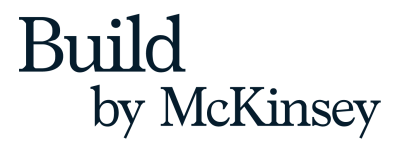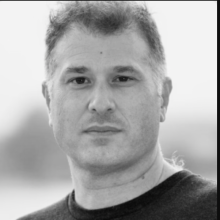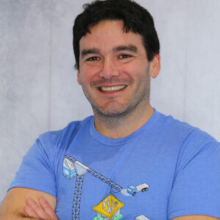Abstract
2004, Professor Ron Westrum published his influential paper on how organizations process information. In that paper, Prof. Westrum described three archetypes of organizations, along with characteristics of how they process information. They are pathological, bureaucratic, and generative.
Generative organizations have the most excellent resiliency to adapt to changing environments. In this talk, we will explore the characteristics that define each type of organization, how to recognize where your organization currently stands, and the steps leaders can take to transition their organizations from pathological or bureaucratic to generative. Some of the topics that we will explore are:
How leaders can cultivate drive by giving their teams a sense of purpose
How can leaders give their teams problems to solve rather than solutions to implement
How leaders can encourage learning in short bursts and increase a culture of learning from mistakes Example of one team that went through this transition by connecting with their values
We will also explore small changes in behavior leaders can make to start fostering the beginnings of a generative culture.
Speaker

Rishi Markenday
Engineering leader @McKinsey & Company
With nearly two decades in software engineering and management, Rishi is an engineering leader at McKinsey & Company, responsible for insights into developer experience and software delivery performance. He is a software engineer by training and craft. He is passionate about bringing well-constructed, valuable products to consumers and empowering and inspiring his teams to achieve excellence and innovation. He believes leadership is about recognizing and fostering greatness in everyone and creating an environment where that greatness can emerge. As Bill Campbell, the legendary coach, said, "Your title makes you a manager; your people make you a leader.” He strives to bring out the best in his people every day and to help them grow and learn.
Session Sponsored By

Building digital futures. Together.








